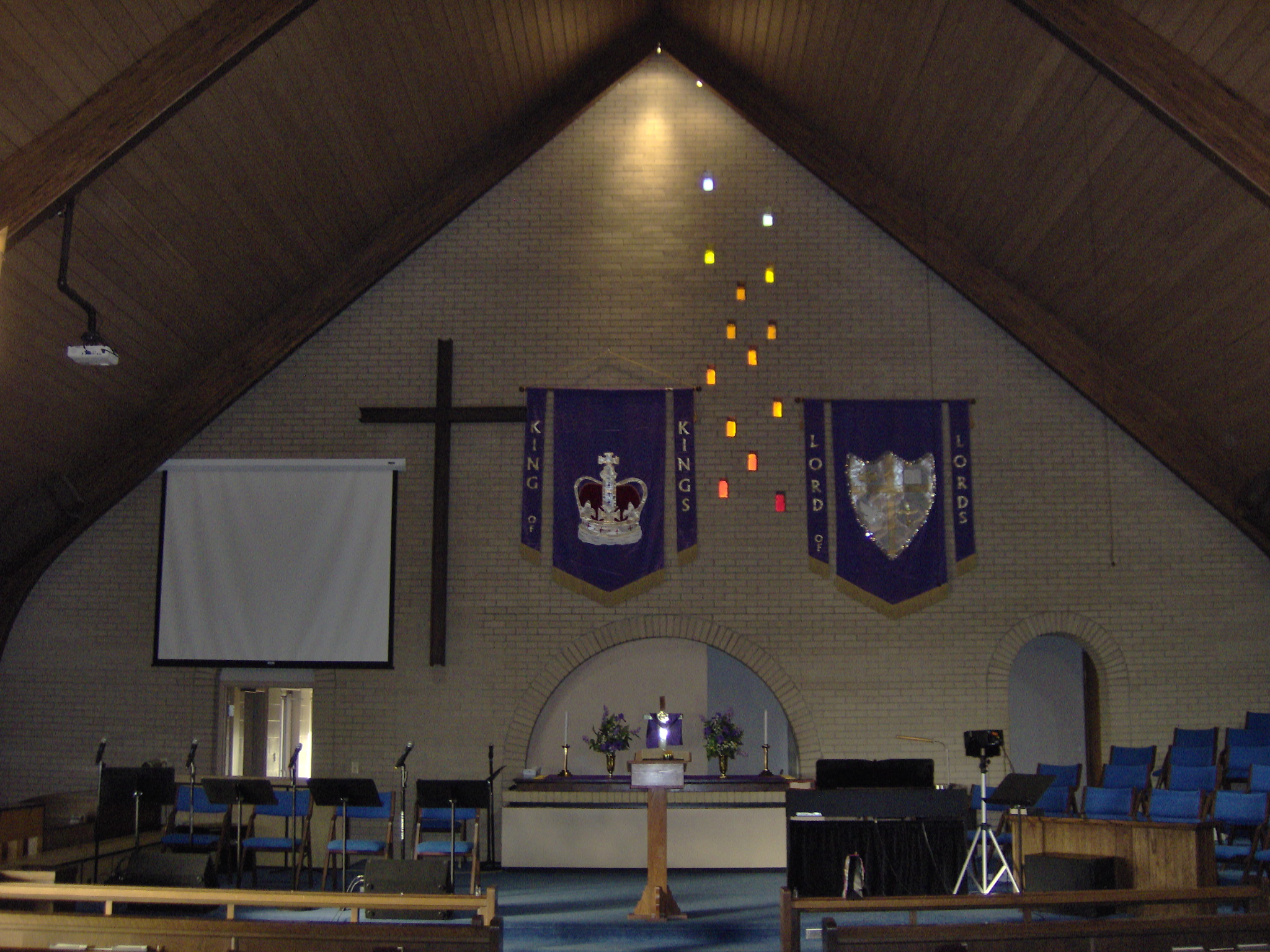A Curious (Kurios) Question
Matthew 22:41–46 (NLT): 41 Then, surrounded by the Pharisees, Jesus asked them a question: 42 “What do you think about the Messiah? Whose son is he?” They replied, “He is the son of David.” 43 Jesus responded, “Then why does David, speaking under the inspiration of the Spirit, call the Messiah ‘my Lord’? For David said, 44 ‘The LORD said to my Lord,
Sit in the place of honor at my right hand until I humble your enemies beneath your feet.’ 45 Since David called the Messiah ‘my Lord,’ how can the Messiah be his son?” 46 No one could answer him. And after that, no one dared to ask him any more questions.
Jesus’ question in Matthew 22:41-46 is a crucial theological statement and a rhetorical masterpiece that highlights two key truths about the Christ:
1. The Divine-Human Nature of the Messiah
The passage is a primary New Testament text used to affirm the Deity and Humanity of Jesus Christ (Christology). The Messiah must be:
- Son of David: Fully human and a legitimate heir to the Davidic throne (human nature).
- David’s Lord: Fully divine, sharing the nature and authority of God (divine nature).
2. Jesus’ Claim to Authority
By quoting and interpreting Psalm 110:1, Jesus is subtly and publicly claiming the divine authority of the Messiah for himself. He forces his opponents to acknowledge that true Messianic expectation must go beyond a mere political king and embrace a figure who is also the eternal, heavenly Lord. The Pharisees’ refusal to answer is rejection of the full, scripturally-defined nature of the Messiah—a nature perfectly embodied by Jesus
